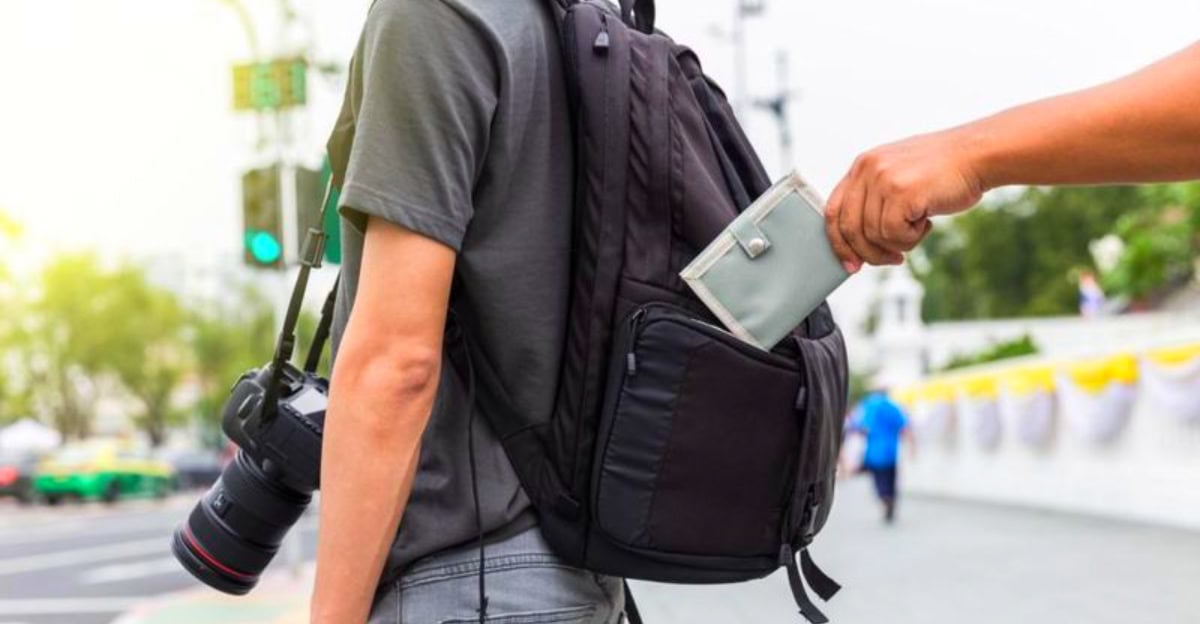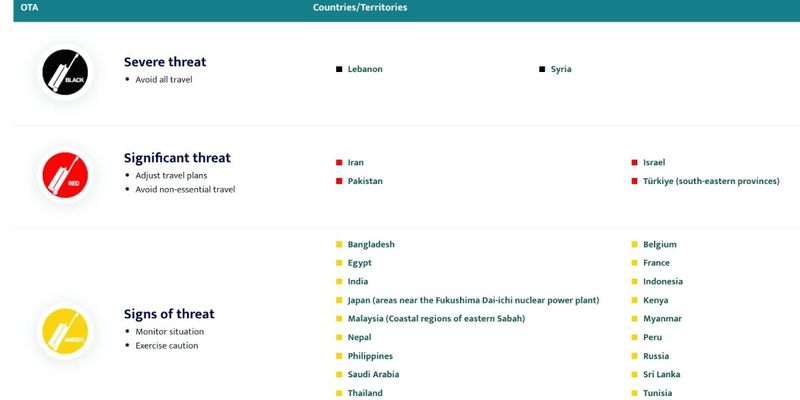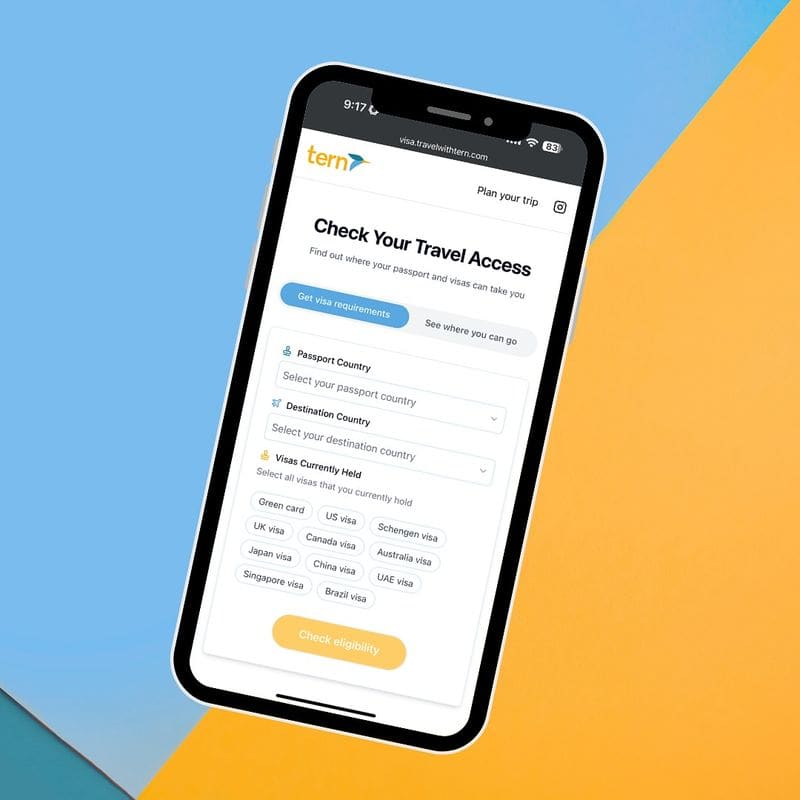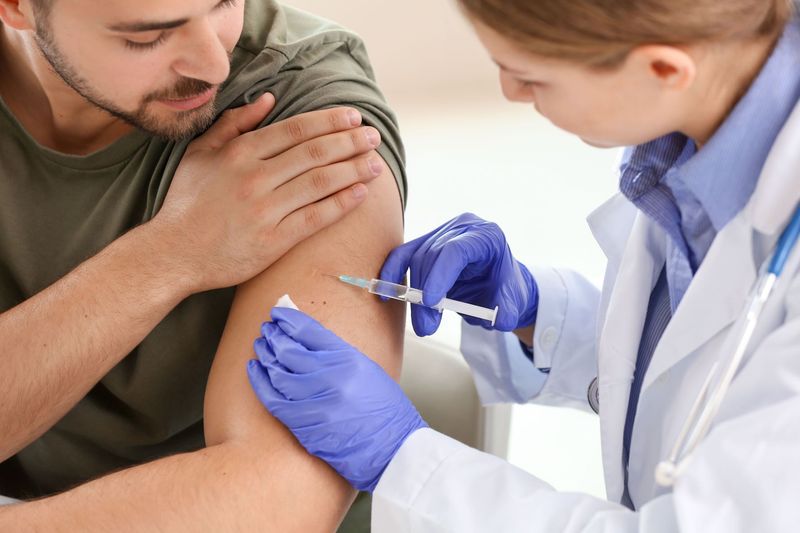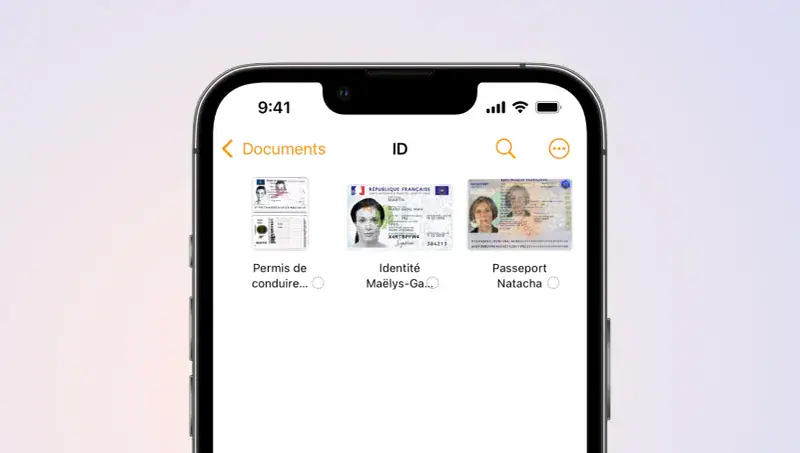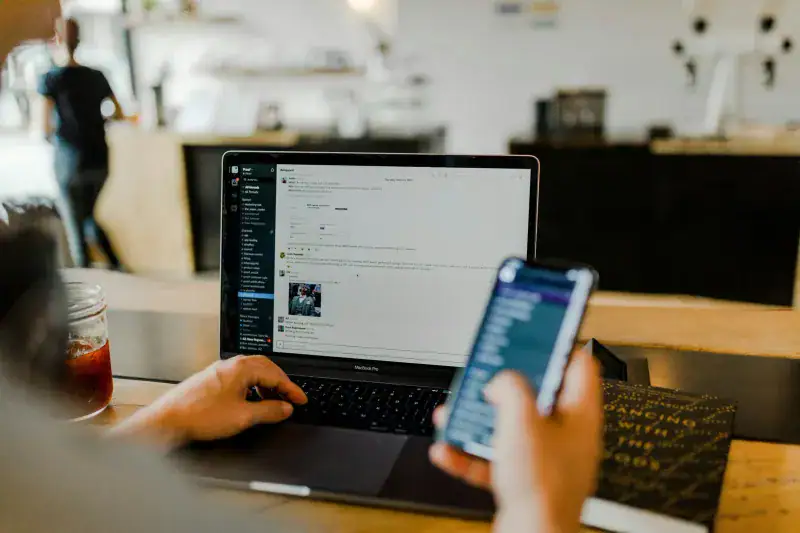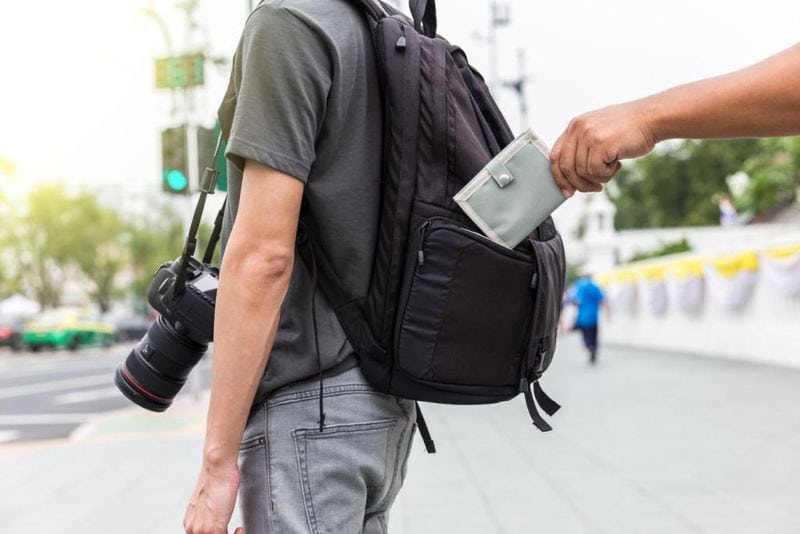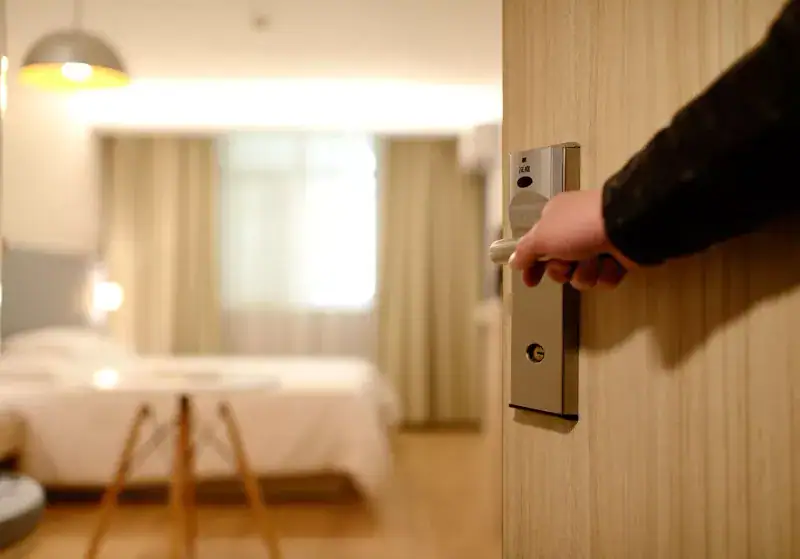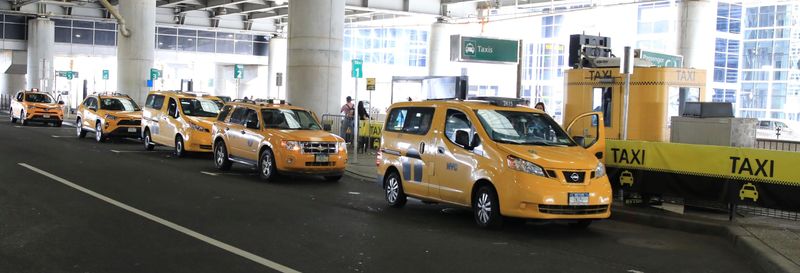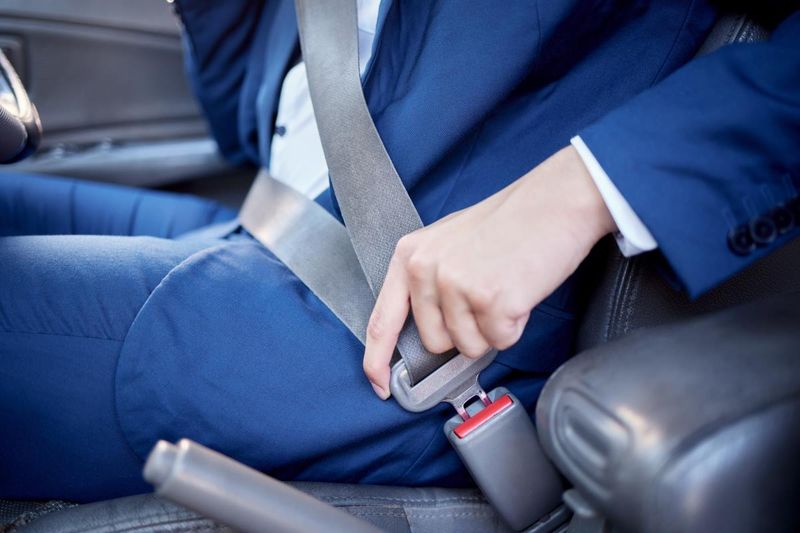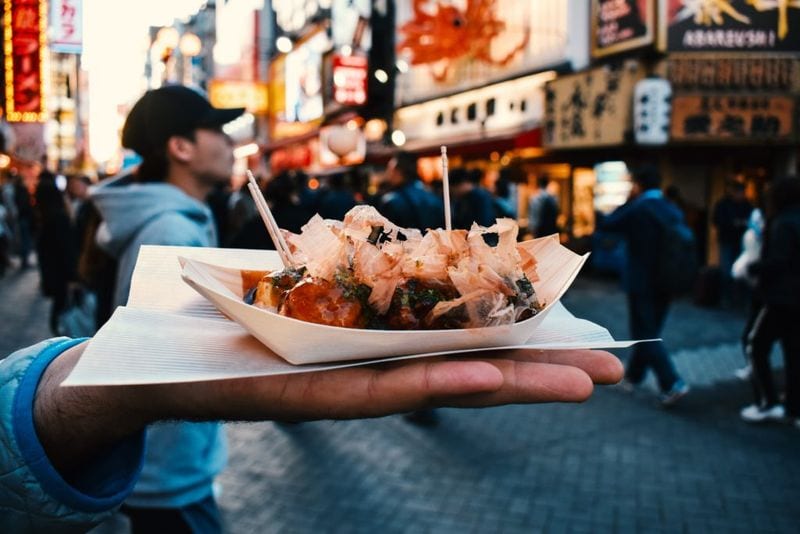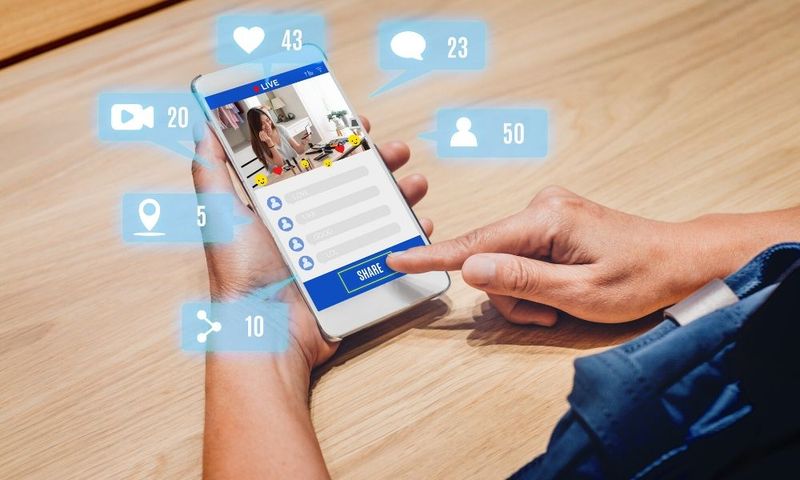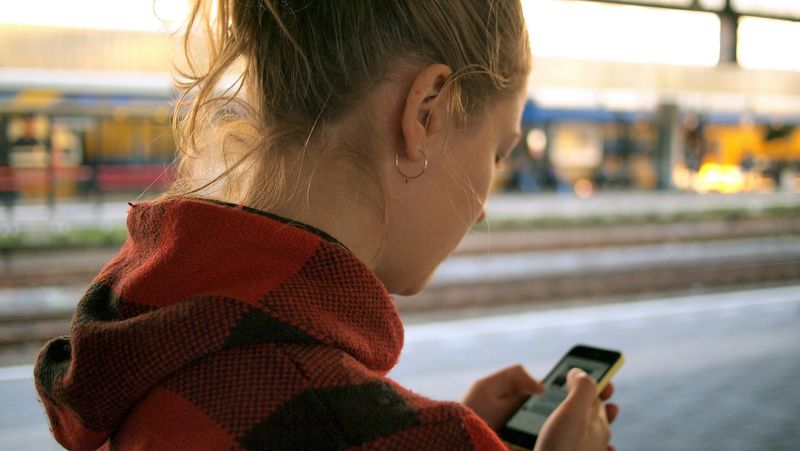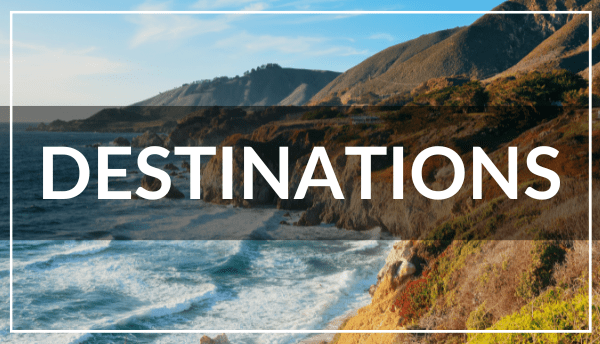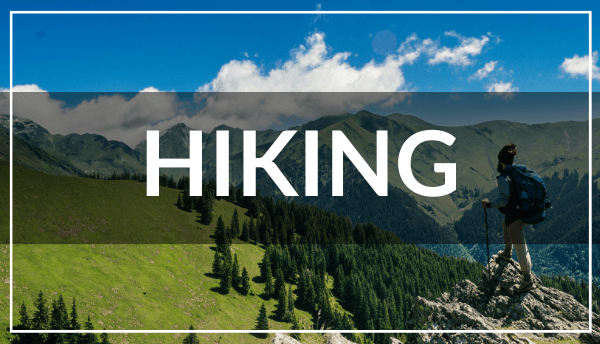Solo travel opens doors to incredible adventures and personal growth, but staying safe requires smart preparation. Many travelers learn important safety lessons the hard way, wishing they had known crucial tips before their first solo journey. These essential safety strategies can help protect you from common risks and unexpected situations that solo travelers often face.
1. Check Official Advisories (and Local Laws) Before You Book
Government travel websites contain gold mines of safety information that could save your trip from disaster. Your country’s official travel advisories reveal current security threats, entry requirements, and local laws that might surprise you.
Some destinations ban certain medications, clothing styles, or electronic devices that seem perfectly normal at home. What’s legal in your country might land you in serious trouble elsewhere.
The U.S. State Department and UK’s FCDO websites offer country-specific guidance that updates regularly. Smart travelers check these resources before booking flights, not after arriving at their destination.
2. Register Your Trip for Alerts
Embassy registration systems act like your safety net when traveling solo in unfamiliar places. These free services connect you directly to your country’s diplomatic support network abroad.
When emergencies strike, registered travelers receive immediate alerts about local security threats, natural disasters, or political unrest. Your embassy can also locate and assist you during crisis situations.
The U.S. STEP program and similar services from other countries take just minutes to complete online. Registration means help knows where to find you when you need it most during your solo adventure.
3. Do Your Health Prep Early
Medical preparation can make or break your solo travel experience, especially in regions with different health risks. Some vaccines require multiple doses over several weeks, making last-minute planning impossible.
Disease outbreaks and health threats change constantly in different destinations. The CDC’s travel health pages provide personalized recommendations based on your specific itinerary and medical history.
Even routine vaccines like MMR become crucial for international travel, particularly if you’re visiting areas with recent outbreaks. Starting health preparations months ahead ensures you’re protected and ready for adventure.
4. Buy the Right Insurance (Including Medical Evacuation)
Travel insurance isn’t just about cancelled flights – medical evacuation coverage could literally save your life and financial future. Emergency medical care abroad can cost hundreds of thousands of dollars without proper coverage.
Trip cancellation, health insurance, and evacuation policies serve different purposes and often require separate purchases. Reading policy details carefully prevents nasty surprises when you actually need to file claims.
Medical evacuation from remote locations can exceed $100,000, making this coverage essential for solo travelers. Compare policies thoroughly to ensure you’re protected for your specific destination and activities.
5. Back Up Your Documents
Lost passports can turn dream vacations into bureaucratic nightmares, especially when you’re traveling alone. Having backup copies speeds up replacement processes and proves your identity to officials.
Digital photos stored in cloud services and physical copies kept separately from originals create multiple safety nets. Email copies to yourself and leave sets with trusted contacts at home.
Include photos of credit cards, driver’s licenses, and important booking confirmations in your backup system. When documents disappear, these copies become your lifeline to getting home safely and on schedule.
6. Carry Money/Cards Split Up, and Use the Safe
Putting all your financial eggs in one basket creates unnecessary risks for solo travelers. Thieves target tourists carrying obvious wealth, making discretion your best defense strategy.
Hotel safes protect valuables and backup cards while you explore, but keep some emergency cash hidden separately. Divide money between different pockets, bags, and secure locations.
Large cash amounts make you a target and limit your options if theft occurs. Credit cards offer better fraud protection than cash, but having backup payment methods ensures you’re never completely stranded.
7. Treat Public Wi-Fi as Read-Only
Public networks are hunting grounds for cybercriminals seeking to steal personal information from unsuspecting travelers. Banking and email accounts become vulnerable when accessed through unsecured connections.
Virtual private networks (VPNs) create secure tunnels for your internet traffic, but avoiding sensitive activities altogether provides better protection. Save important account access for trusted networks.
Multi-factor authentication adds extra security layers that protect accounts even if passwords get compromised. Treat public Wi-Fi like a public bathroom – use it when necessary, but don’t linger or expose yourself unnecessarily.
8. Use Licensed Taxis or Verified Rideshares—Then Do the Checks
Fake taxis and rideshare scams specifically target solo travelers who appear vulnerable or unfamiliar with local transportation. Verification steps take seconds but prevent dangerous situations.
Match license plates, car models, and driver photos exactly to your app before getting inside any vehicle. Sitting in back seats provides better escape options than front passenger positions.
Sharing trip details with friends creates accountability and tracking for your journey. Real drivers expect these safety checks and won’t be offended by your caution – scammers will.
9. Expect Pickpockets in Crowded Spots
Tourist attractions and public transportation create perfect hunting grounds for skilled pickpockets who target distracted visitors. Crowded spaces provide cover for thieves while limiting your awareness of surroundings.
Front-facing bags and zipped pockets make theft attempts much more difficult and noticeable. Passport theft through pickpocketing creates serious problems for solo travelers far from embassy help.
Museums, train stations, and popular landmarks require extra vigilance with personal belongings. Professional pickpockets work in teams and use distraction techniques, so staying alert protects you better than any security device.
10. Practice Simple Hotel Room Security
Hotel rooms offer privacy and security, but simple precautions prevent unwanted intrusions and theft. Knowing emergency exit locations becomes crucial if you need to leave quickly and safely.
Deadbolts and secondary locks provide extra protection beyond standard door locks that staff members can easily override. Always verify unexpected visitors through front desk calls before opening doors.
Room safes protect valuables, but many travelers forget to use them consistently. Establishing security routines upon arrival helps you maintain safety habits throughout your stay without thinking about them constantly.
11. Plan Your First/Late-Night Transfers
Airports at night become different environments with fewer legitimate transportation options and more potential scams. Pre-arranged transfers eliminate confusion and reduce vulnerability during tired, disoriented moments after long flights.
Official taxi stands and verified rideshare pickup zones provide safer alternatives to accepting rides from random strangers. Late arrivals limit your options and increase risks.
Knowing exactly where to go and who to contact removes guesswork when you’re exhausted and in unfamiliar territory. Legitimate transfer services cost more but provide security and peace of mind worth the investment.
12. Buckle Up—Roads Are the Riskiest Part of Travel
Road accidents kill more travelers than terrorism, crime, and natural disasters combined, making traffic safety your most important daily concern. Seat belts save lives regardless of local driving customs or short distances.
Motorcycle accidents cause severe injuries even at low speeds, especially without proper helmets and protective gear. Many destinations have relaxed helmet laws but serious accident consequences.
Local driving standards vary dramatically between countries, with some places having significantly higher accident rates. Defensive riding and driving become essential survival skills when road rules differ from home expectations.
13. Eat and Drink Wisely
Traveler’s diarrhea can ruin solo adventures and create dangerous dehydration situations far from medical help. Street food and local cuisine add cultural richness but require smart choices about preparation and freshness.
Hot, freshly cooked foods kill harmful bacteria better than lukewarm or reheated dishes. Peeling fruits yourself ensures clean preparation, while factory-sealed beverages avoid contaminated water sources.
Hand hygiene prevents more illnesses than any other single precaution while traveling. Alcohol-based sanitizers work when soap and clean water aren’t available, which happens frequently during solo exploration adventures.
14. Post Later, Not Live
Real-time social media posts create digital breadcrumbs that criminals can follow to track your movements and target you. Solo travelers become especially vulnerable when their locations and activities are publicly broadcast.
Geotagging features automatically embed location data in photos, revealing exactly where and when images were taken. Disabling these settings protects your privacy and security without affecting photo quality.
Delayed posting lets you share amazing experiences while maintaining operational security about your current whereabouts. Friends and family can still enjoy your adventures without compromising your safety during the actual trip.
15. Know Emergency Numbers and Embassy Contacts
Emergency situations require immediate action, but panic makes it hard to remember important contact information. Pre-programming essential numbers into your phone ensures help is always just a call away.
Local emergency numbers vary between countries, though 112 works across European Union nations. Your embassy contact information provides crucial support for serious legal or medical emergencies abroad.
Having your accommodation address written in local language helps emergency responders and taxi drivers locate you quickly. Language barriers disappear when you can show written information instead of trying to explain complex directions verbally.
